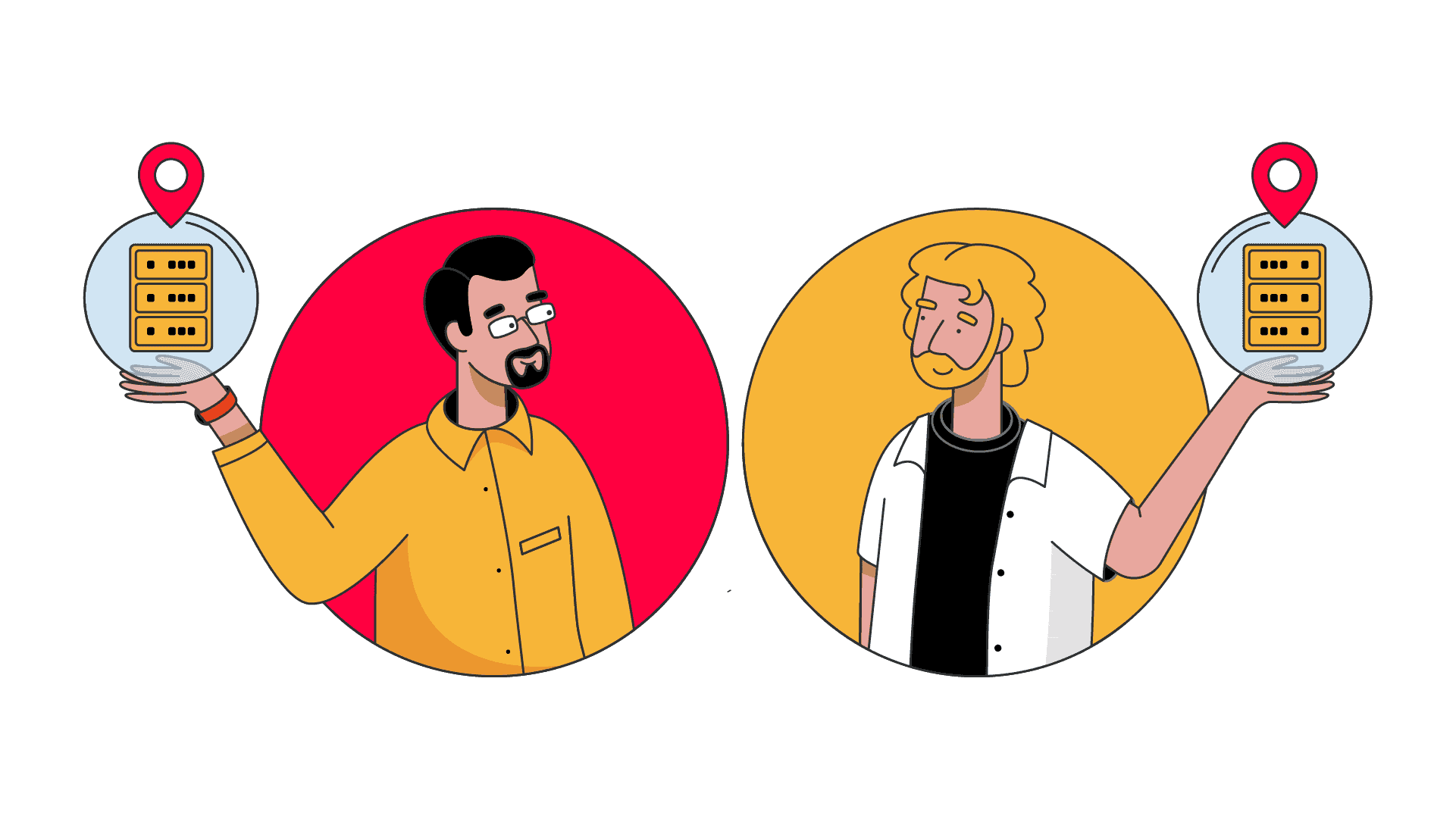Virgin Proxies: Real or Myth in 2026?
You‘ve probably noticed that some proxy providers brag about IP addresses that haven‘t been used before. But how is it possible that with so many users you can still find unique IPs? Let‘s find out the truth about how virgin can a proxy be.

What Are Virgin Proxies?
When you buy proxies, you receive a bunch of IP addresses. A proxy server acts as an intermediary between you and the internet and helps you to improve anonymity, run both small and large automated tasks, unblock geo-restricted content, and much more.
Virgin proxies are IPv4 addresses that haven’t been used before. Virgin datacenter IPs don’t have prior history, they’re not blocked or blacklisted on any site. Unused IPs are handy when scraping high security websites, managing many social media accounts, and running other automated tasks.
However, there are only 4.2 billion possible IPv4 combinations and many more devices that need unique IPs. So, is it really possible to find a virgin proxy today?
Virgin Proxies: Just a Marketing Scam?
Some proxy providers sell premium proxies as “virgin”. But don’t mistake premium with unused addresses. Premium proxy providers usually focus on a large IP variety, top-in-class performance, and great service. But that doesn’t mean the proxies were never used. It’s just that they haven’t been blocked on certain websites and didn’t take part in illegal use cases. In other words, premium proxies are clean IPs.
Real virgin IPv4 proxies are effectively impossible to get. Even if they were, a proxy service provider would never sell a virgin IP for the price of regular proxies. And then you’d have to consider subnets: groups of 256 related IPs. To ensure the effectiveness of virgin proxies, you’d have to get the whole subnet at once. And I guess you know how to count.
Virgin IPv6 Addresses
On the other hand, IPv6 addresses are almost always virgin because they support many more possible IP combinations and aren’t that popular yet. The number of IP addresses is 1028 times larger than of IPv4 addresses.
Since there are so many of them, virgin IPv6 addresses cost several times less. The price for one IPv6 address can vary from $0.2 to $0.6 per month. However, you shouldn’t be so excited about getting virgin IPv6 proxies – they definitely don’t stack up against IPv4. Why? Let’s see.
First, it’s very hard to find IPv6 residential proxies. Most of them are actually datacenter IPs. Sites tend to block them in bulk because real people don’t use such IPs, which makes them highly suspicious. If you block one IP address, websites will straight away blacklist the whole subnet range.
Also, these virgin IPs aren’t compatible with some most popular websites like Booking, Twitter, Amazon, that only support IPv4 addresses.
Then, IPv4 addresses work better with bots. So, if you’re planning to use proxies for sneaker coping, web scraping, or data crawling, the choice is pretty obvious.
However, if virgin IPv6 addresses still tempt you, you won’t have that many options as most proxy providers don’t even sell them.
Best Alternatives to Virgin Proxies
So, since virgin proxies are either nigh impossible to get or not very useful at this point, maybe you don’t need them at all. Here are some alternatives that are just as good. And much more realistic to get your hands on.
1. Get Clean Datacenter IPs
Getting an IP with a spoilt reputation by others is a very unpleasant experience. Whether it’s on some spam list or blocked on a specific website, this is usually the case with shared IP addresses.
There are some ways to surf the web without any interruptions. You could look for some clean datacenter IPs; they’re not blacklisted or used for illegal purposes. I’d recommend getting dedicated proxies, also known as private proxies.
Dedicated proxies are IP addresses that you don’t have to share with anyone else after the purchase. With dedicated IPs your usage history is predictable. Also, as you’ll be the only one using the proxy, there is no way someone else will blacklist it on your target site. However, there is a chance that you already get an abused IP but if you choose a reputable provider, then you don’t have to worry about that.
You could also look for datacenter proxies that weren’t used for a specific purpose. For example, if you need multiple social media accounts on Twitter, you could look for IPs that weren’t used for promotional activities on the platform.
Premium proxy providers cost more, but they’re much more likely to sell you clean addresses. So, make sure you get proxies from a reputable provider. It’s good to do some background checks on your provider. You can read customer reviews, search for information on forums or check out our Proxy Market Research.
2. Look for a Large Pool of Residential Proxies
While that may sound counter-intuitive, residential proxies just might be the answer to all your problems. They give you access to a backconnect server that automatically assigns IPs from a pool of addresses. These addresses come from real people’s devices, which helps you blend into the crowd much better than datacenter proxies.
Why counter-intuitive? Residential proxies will always have prior usage history. First, because the proxy pool is shared between the provider’s clients. And second, because you’ll be using these IPs alongside the owners of residential devices.
But prior usage history can actually be a good thing because your usage patterns will resemble an actual person without you even trying. The trick is to use a provider with a large proxy pool. This way, connection requests will spread throughout more addresses, keeping the IP pool clean.
Furthermore, residential IPs rarely share the same subnet because they borrow IPs from a diverse range of devices. That means the chances of getting a whole bunch of IP addresses blocked are pretty low.